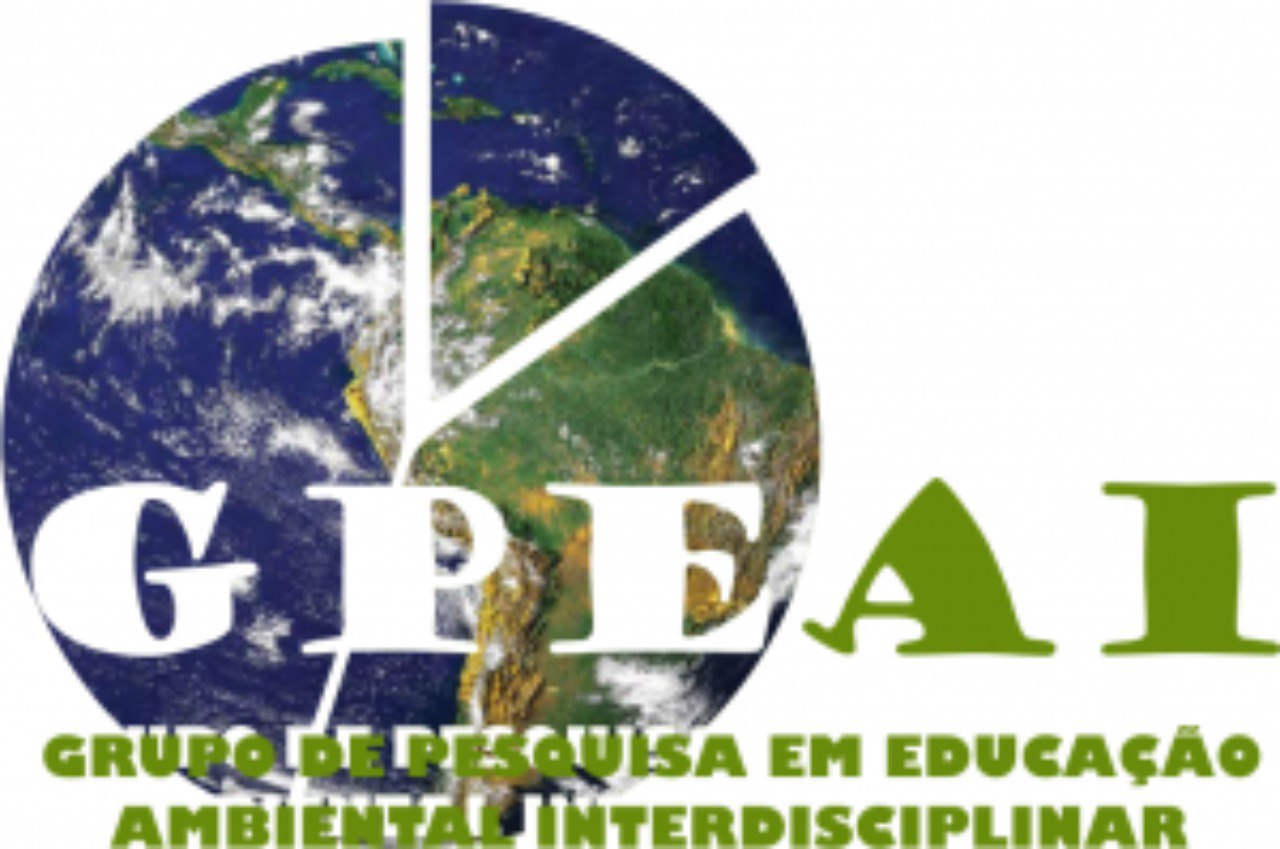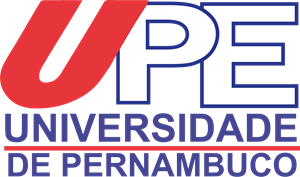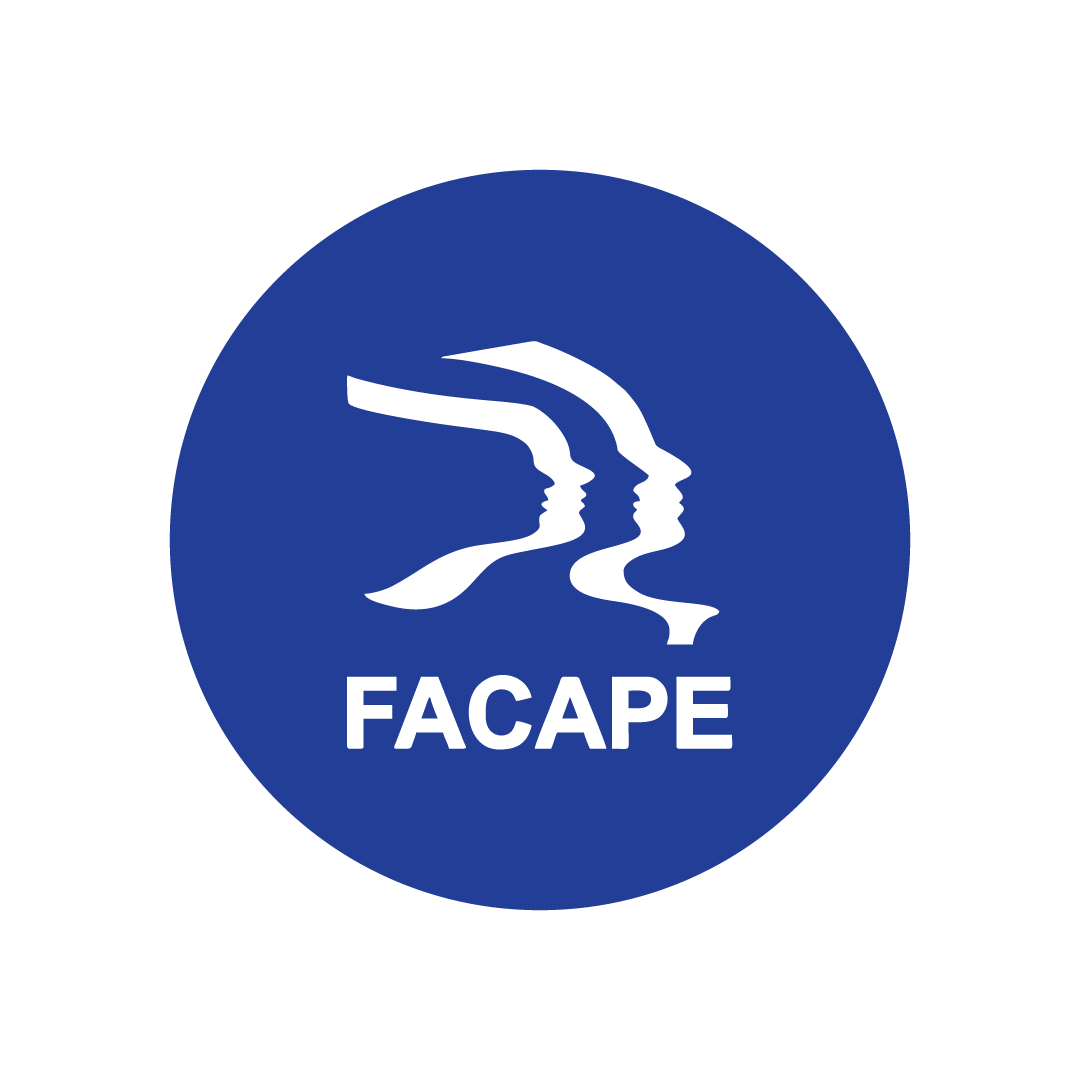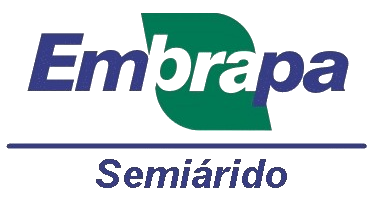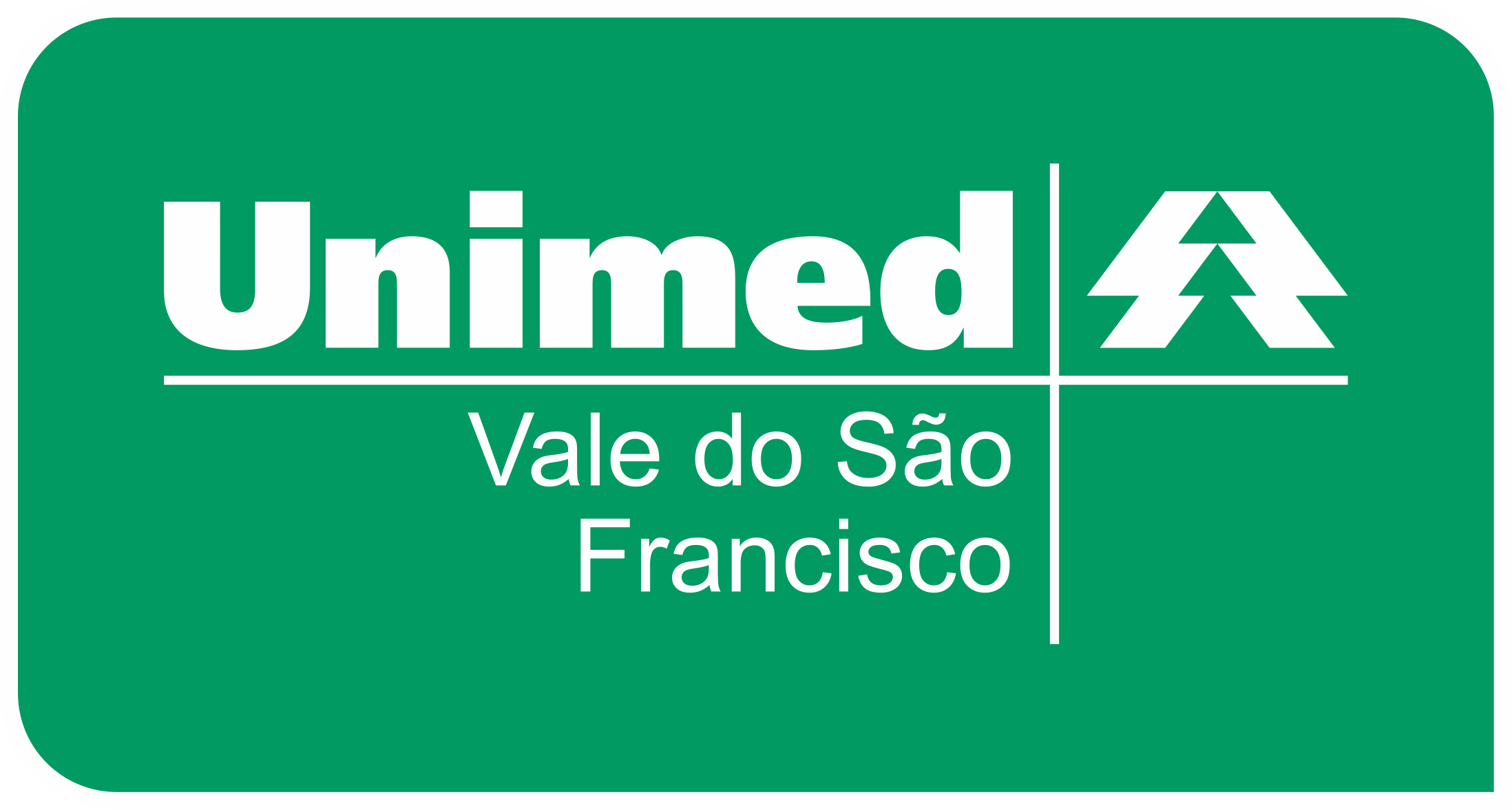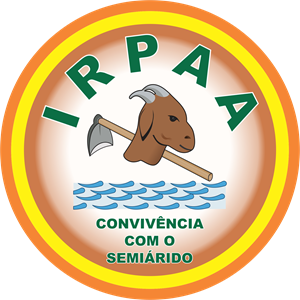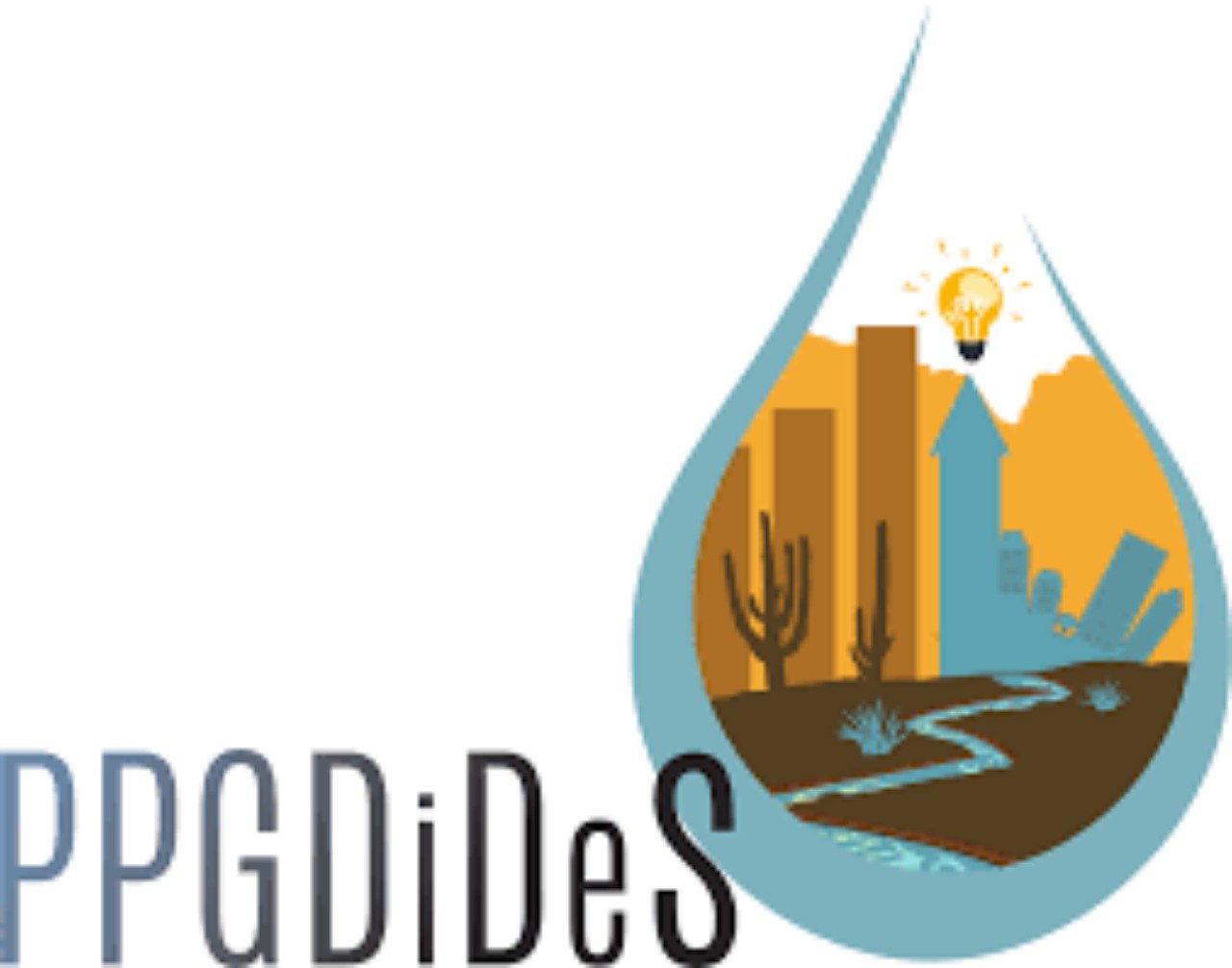DRUG WASTE MANAGEMENT: A BRIEF REVIEW
Keywords:
Expired, Waste, Pollution, ToxicAbstract
Water is the vehicle by which various types of waste from different productive activities are transported, in such a way that rivers, canals, lagoons and seas are contaminated with them. This situation has been present in Mexico for more than 200 years, and new unregulated contaminants are currently being generated in reused or treated water. In the case of drug residues, their persistence and continuous entry into aquifers cause negative effects on life and the aquatic environment, since they are not completely eliminated in wastewater treatment processes due to their chemical stability. This type of water is reused for the production of drinking water or the irrigation of agricultural areas, so that human and animal health are exposed to the toxicological effects of this type of chemical substances. A search was made for reports on the contamination of pharmacological residues in different types of water —residual or not— and agricultural soils, both international and national, from 1984 to 2018. It was concluded that there are no suitable national or international regulations to date. on the way in which this type of waste should be eliminated for the environment to the least extent possible.
Downloads
Downloads
Published
Versions
- 2022-10-26 (2)
- 2022-09-05 (1)
Issue
Section
License
Copyright (c) 2021 Green Journal

This work is licensed under a Creative Commons Attribution-NonCommercial-NoDerivatives 4.0 International License.





















